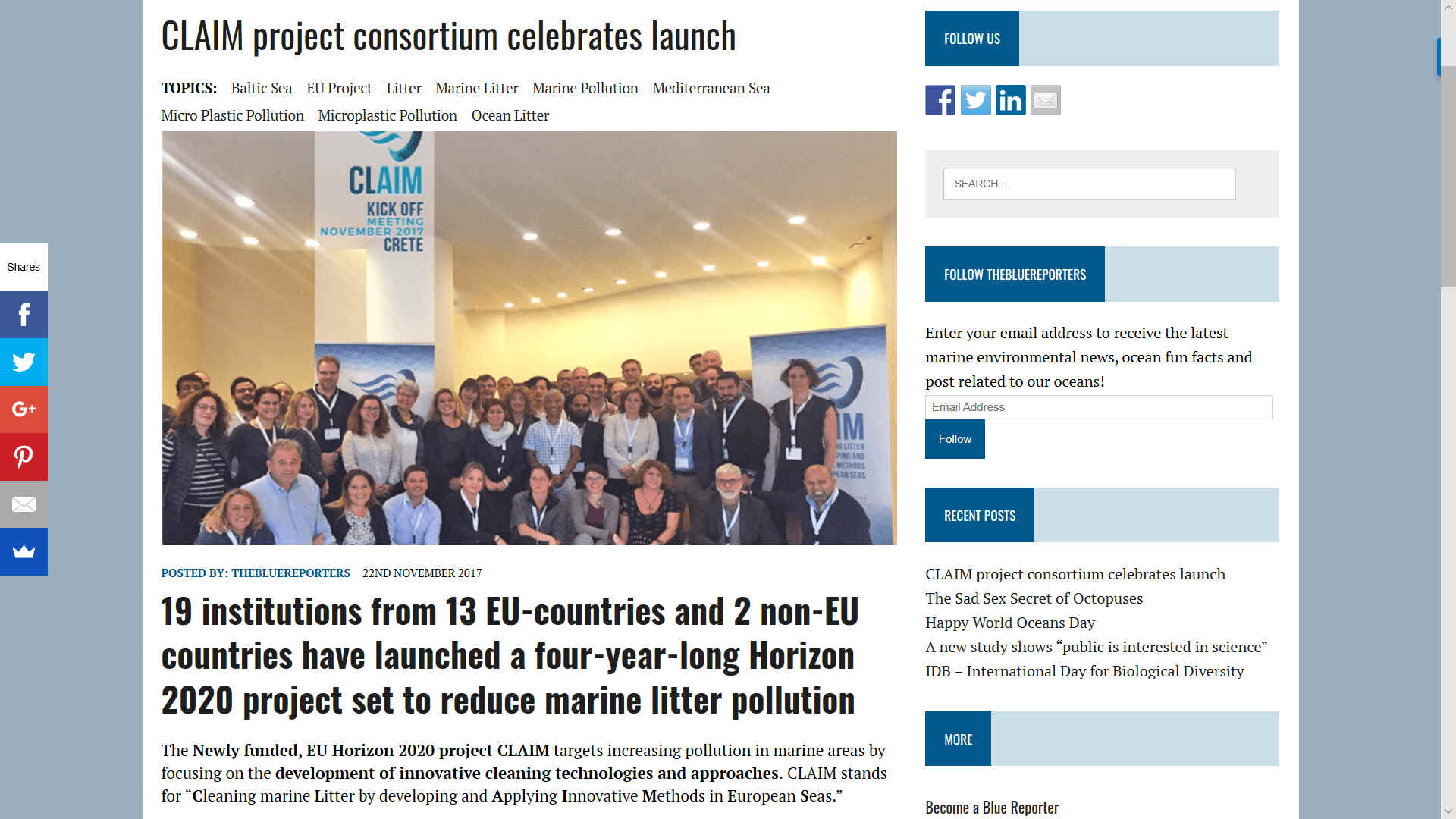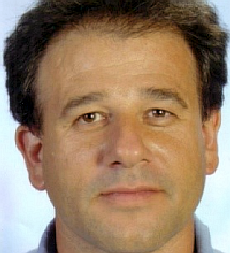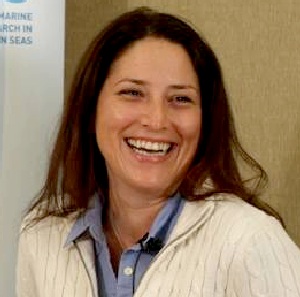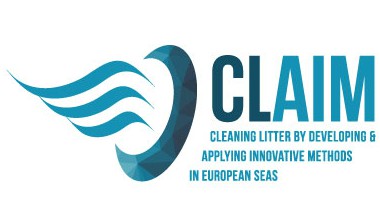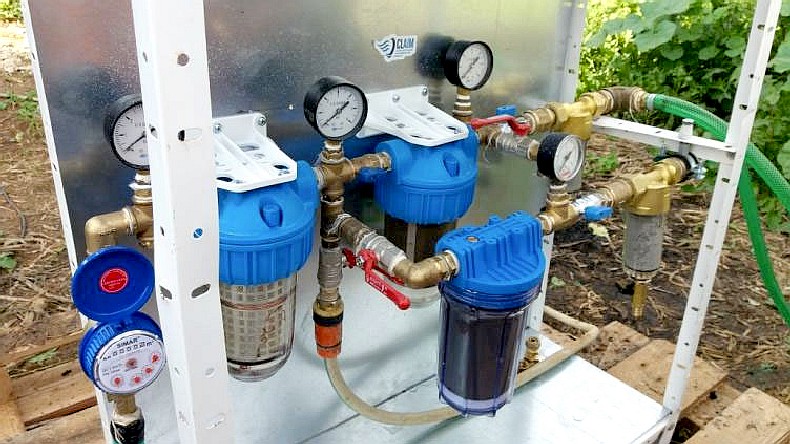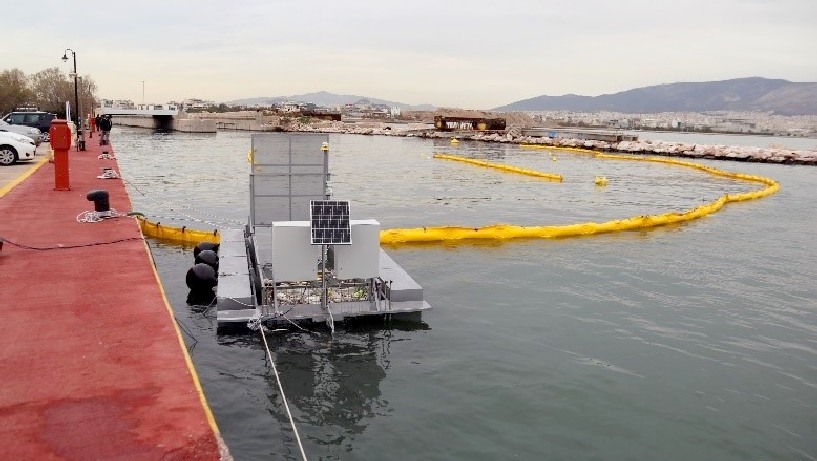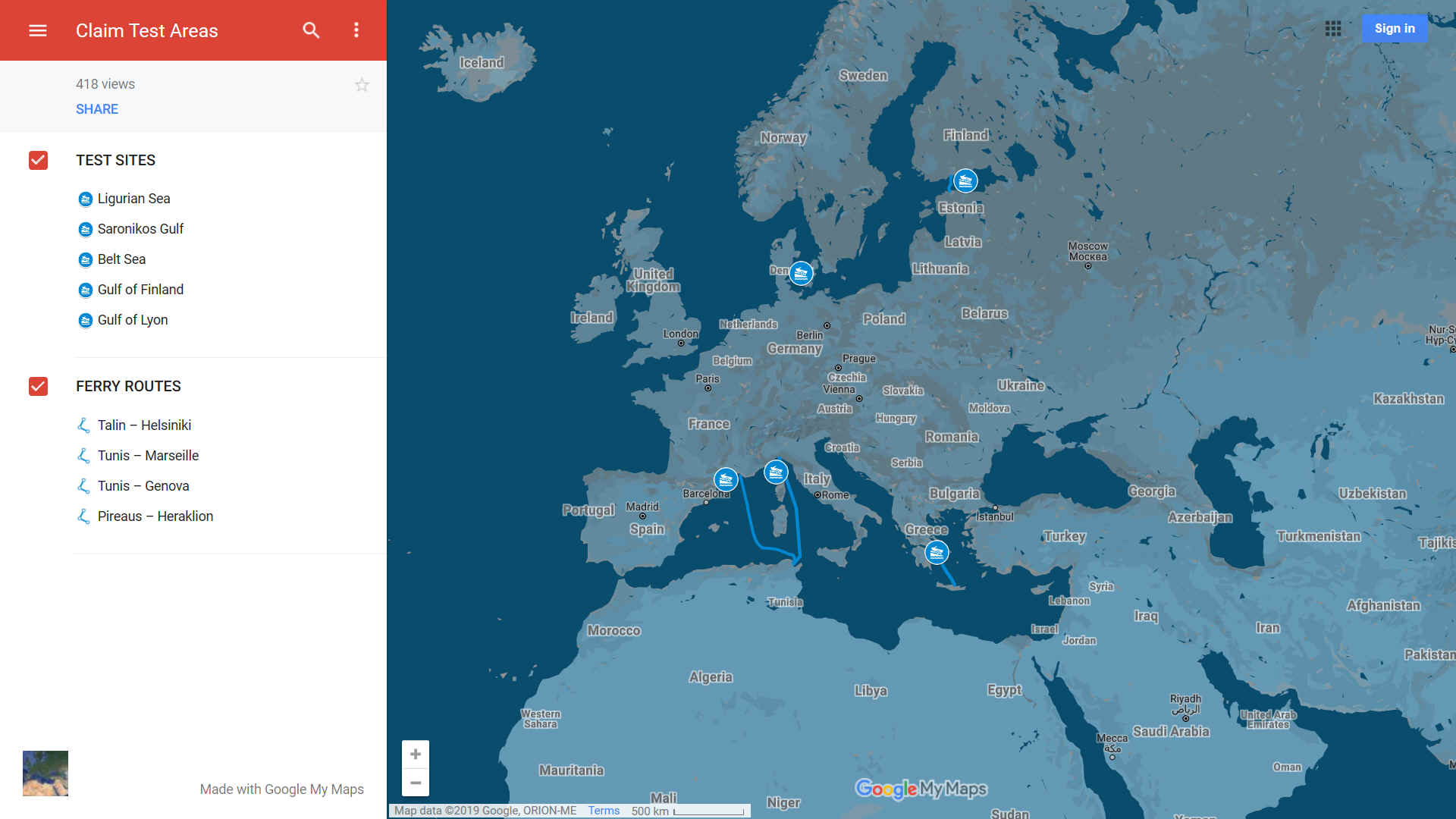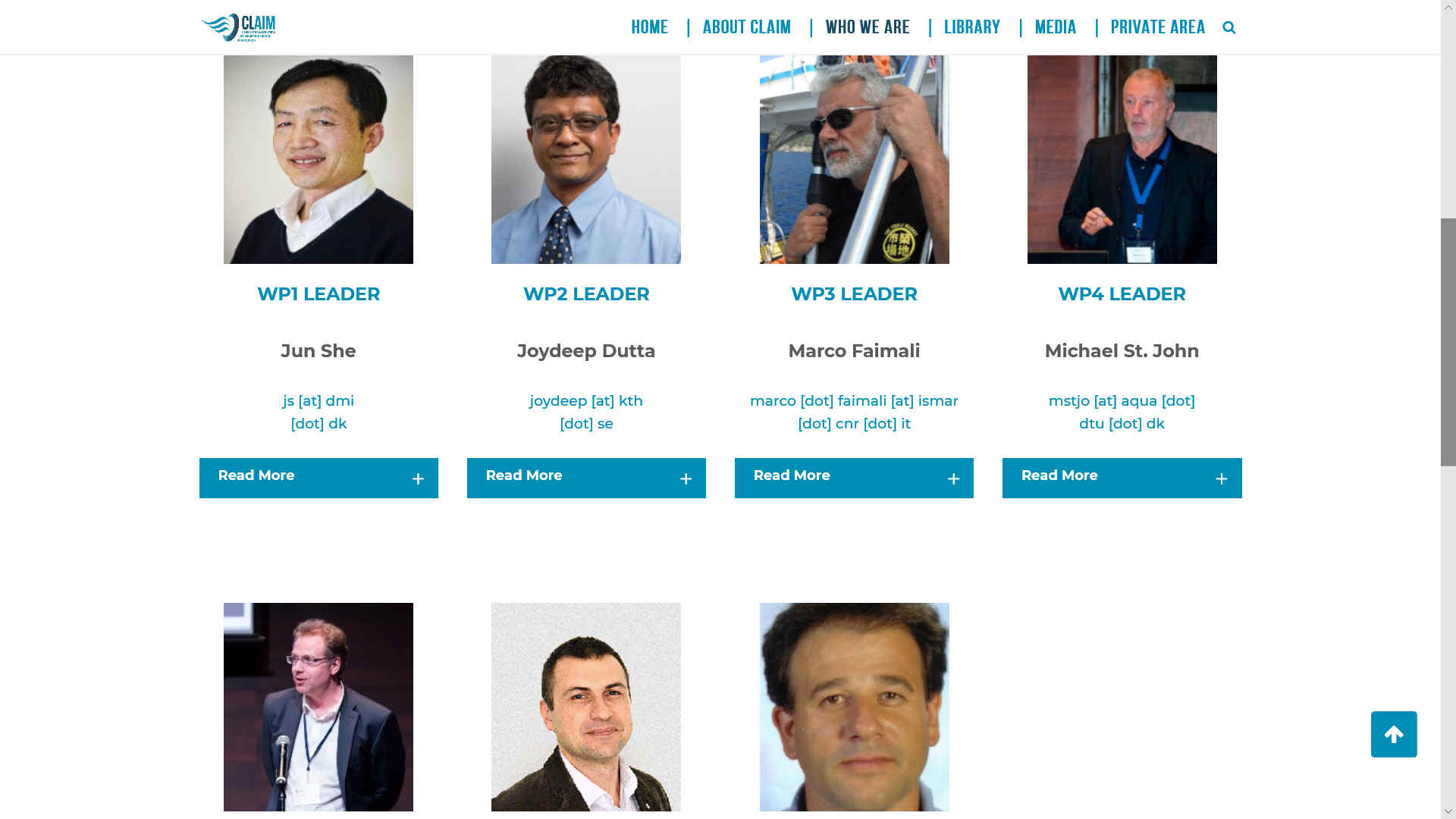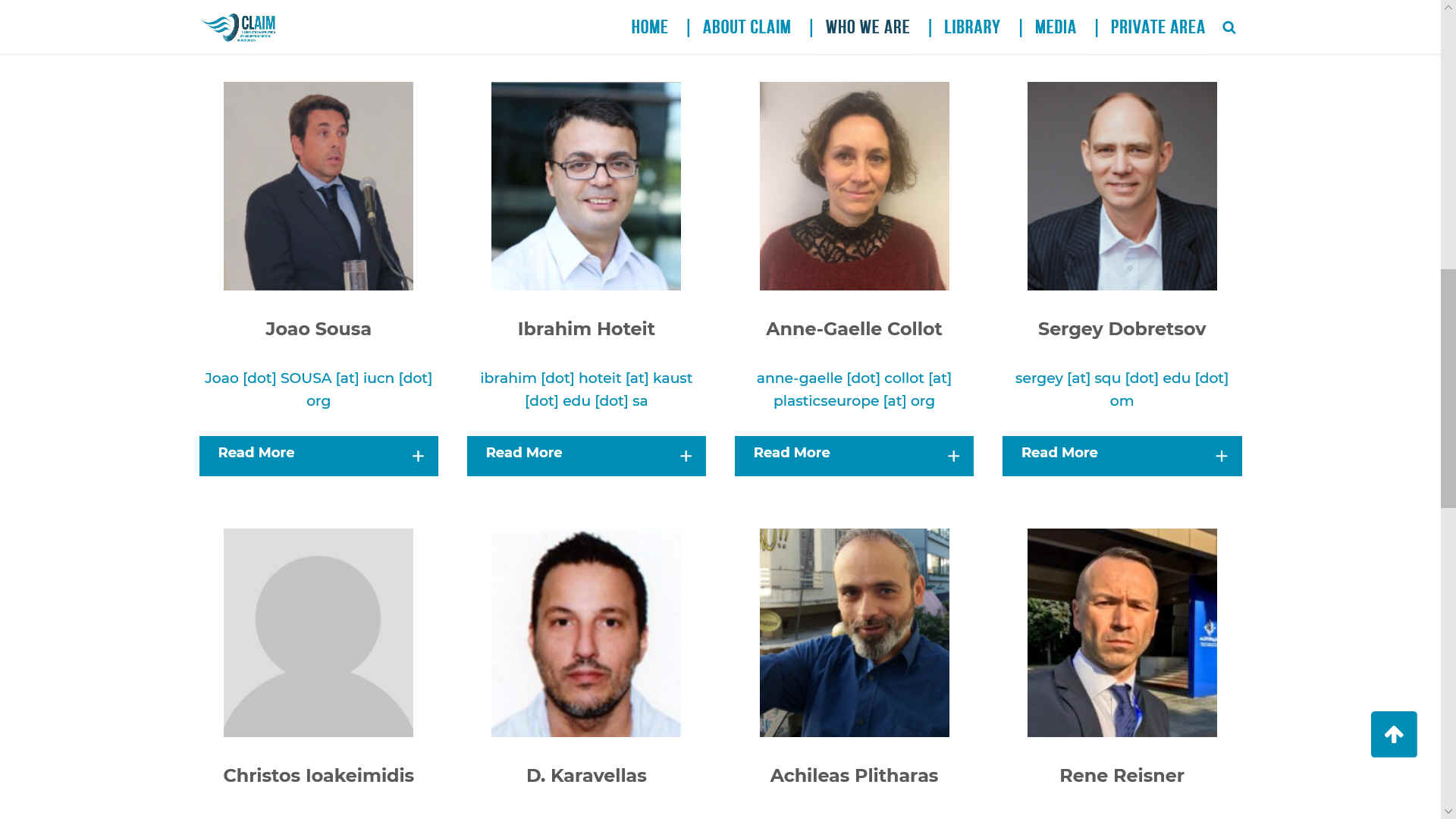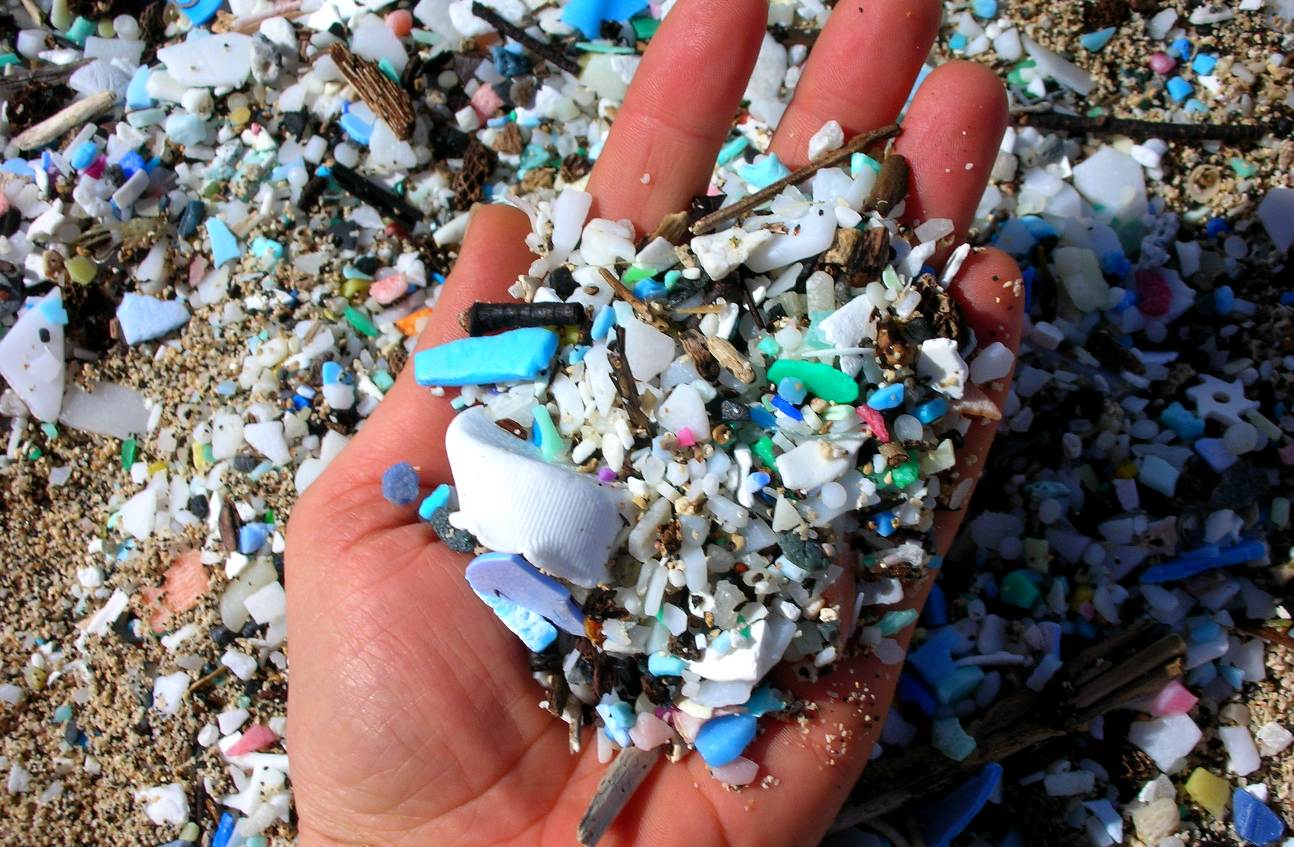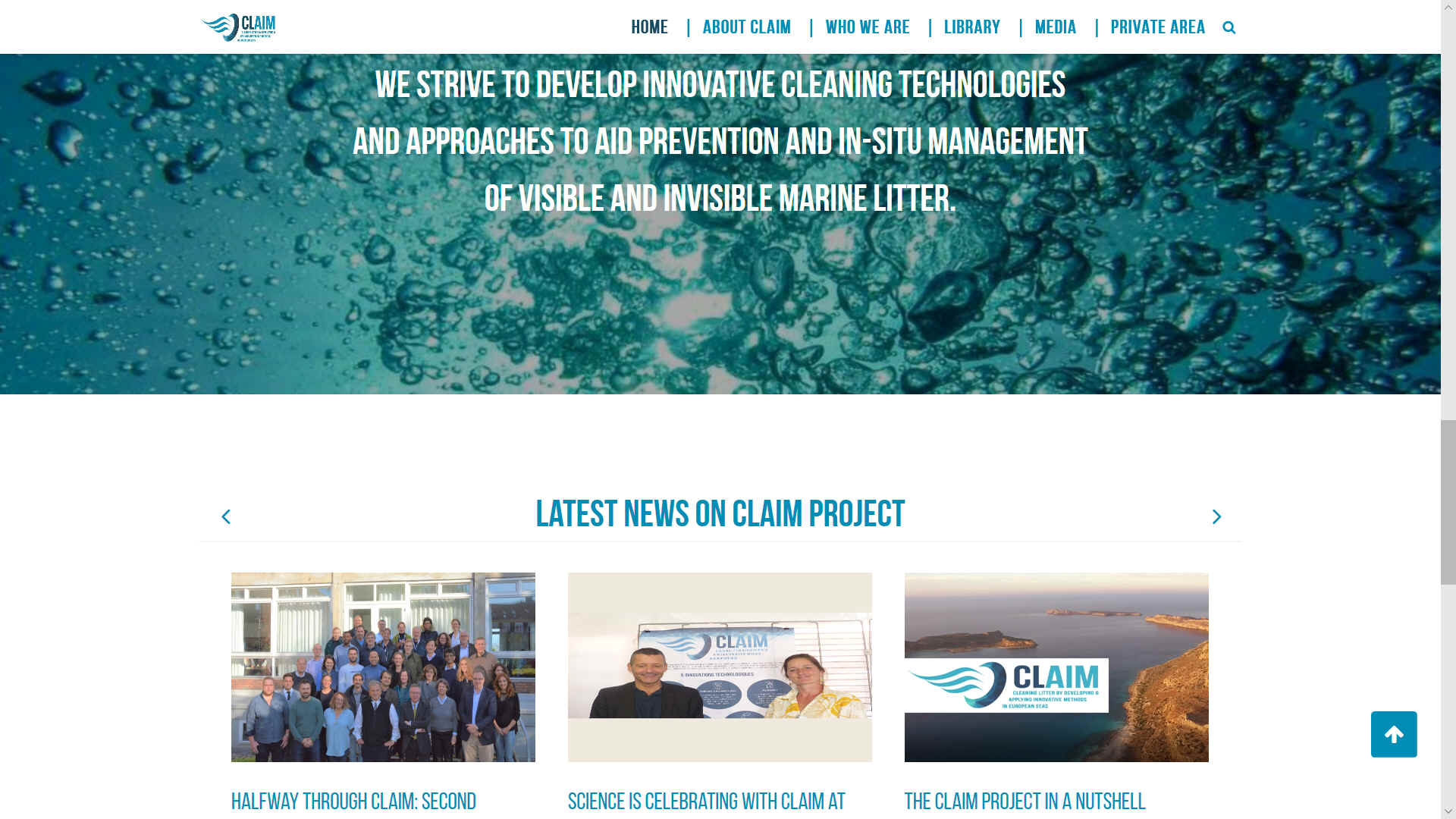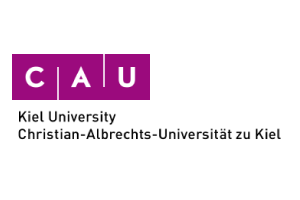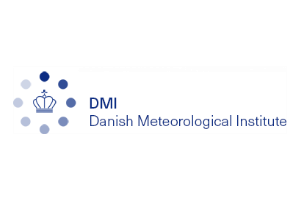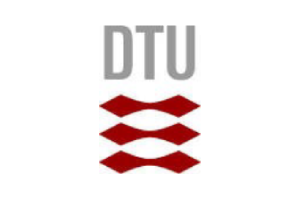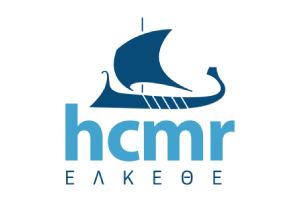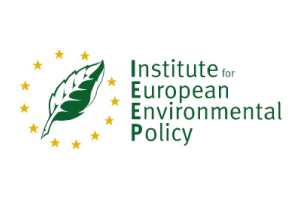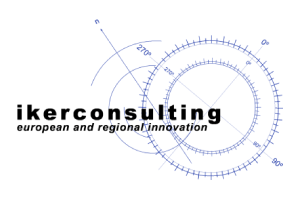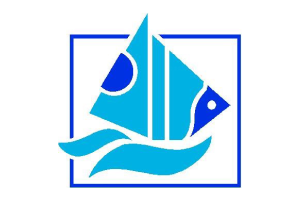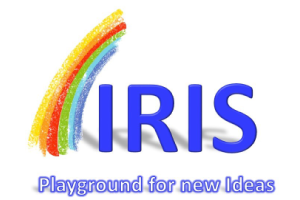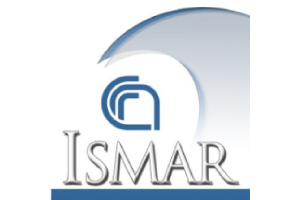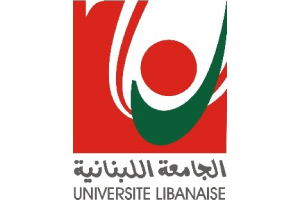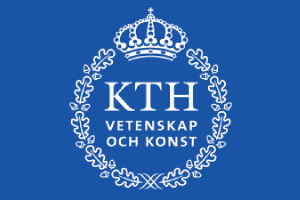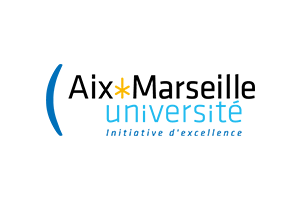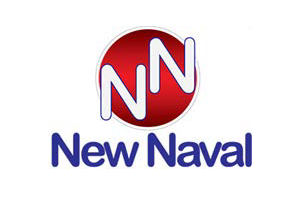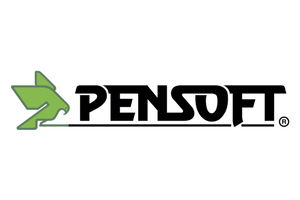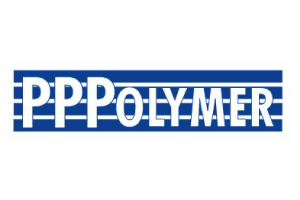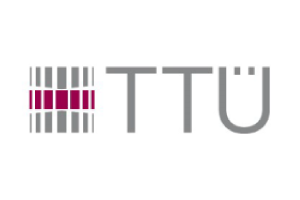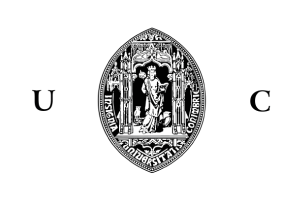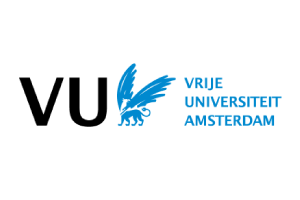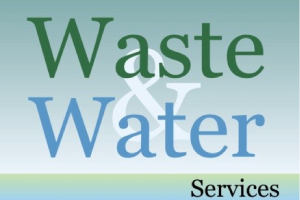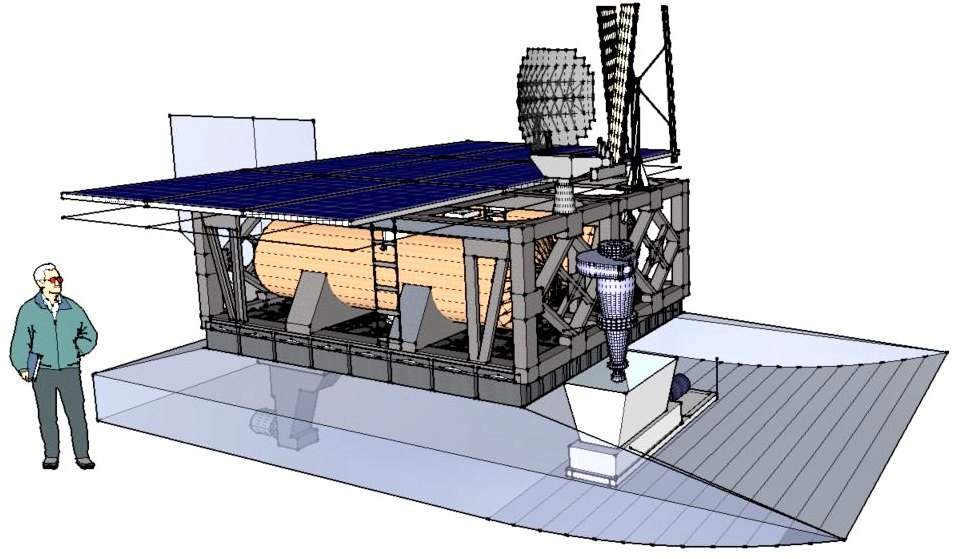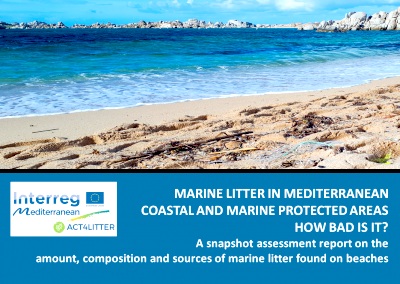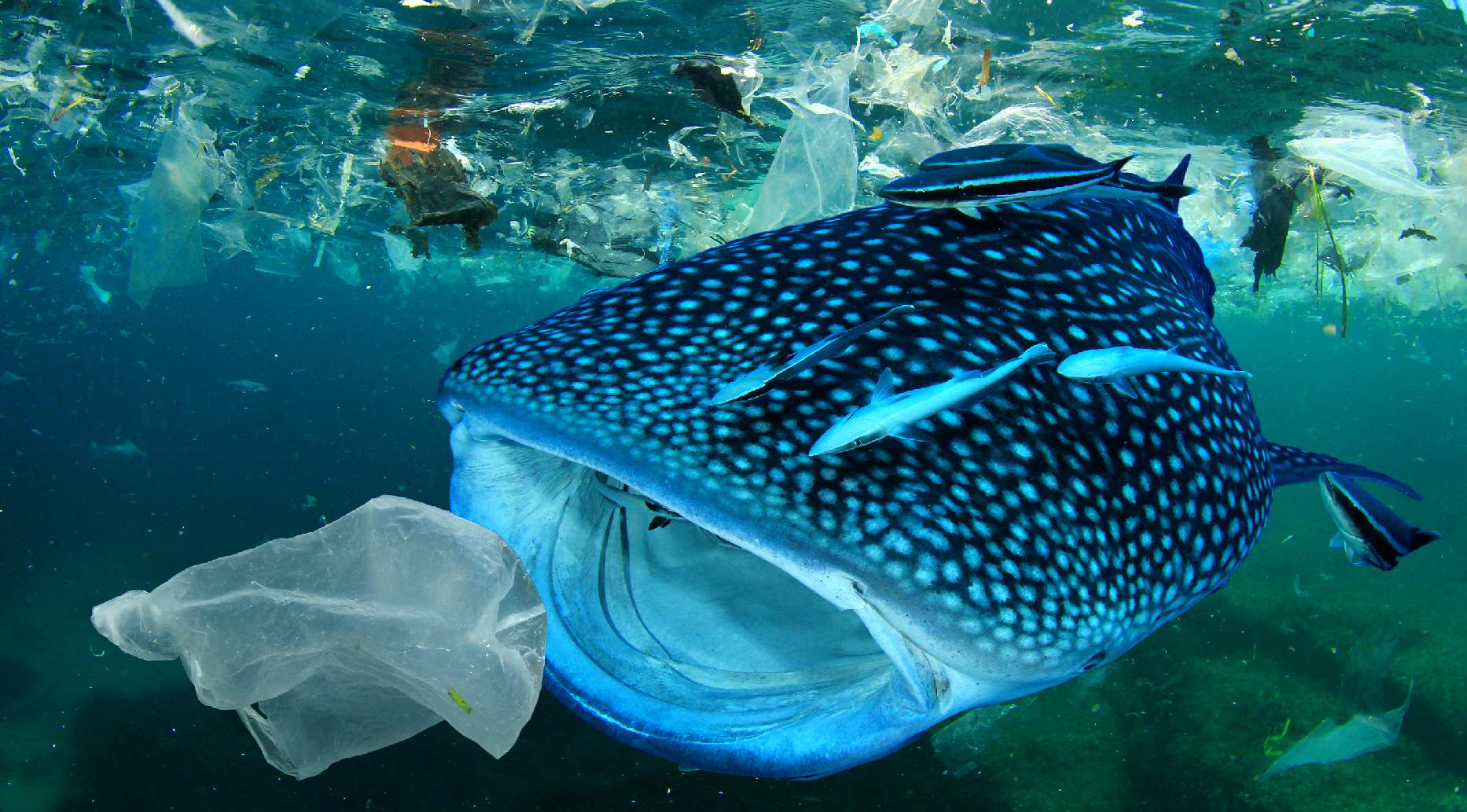|
H2020 CLAIM - HORIZON EU PROJECT
Please use our A-Z INDEX to navigate this site, where page links may lead to other sites
|
|
|
BLUE REPORTERS 22 NOVEMBER 2017 - 19 institutions from 13 EU-countries and 2 non-EU countries have launched a four-year-long Horizon 2020 project set to reduce marine litter pollution
The Newly funded, EU Horizon 2020 project CLAIM targets increasing pollution in marine areas by focusing on the development of innovative cleaning technologies and approaches. CLAIM stands for “Cleaning marine Litter by developing and Applying Innovative Methods in European Seas.”
During CLAIMs, official project kick-off last week in Heraklion, Greece. Almost 70 scientists and representatives of small or medium enterprises (SMEs), from across Europe gathered together to set the stepping-stone for this promising EU project. CLAIM will develop innovative cleaning technologies and approached, targeting the prevention and in situ management of visible and invisible marine litter in the Mediterranean and Baltic Sea.
CLAIM = Cleaning Litter & Applying Innovative Methods in European Seas. The project is funded by the European Commission as part of the Plastic Strategy. The EU funds technology innovation as a means to accelerate sustainable objectives in the quest for a Circular Economy.
The CLAIM consortium consists of 19 Partners from 14 countries around the Mediterranean and Baltic Seas. They have agreed to work together for three years on a Horizon 2020 funded EU project, until November 2020. CLAIM is funded under Horizon 2020 Call BG-07-2017: Blue green innovation for clean coasts and seas, grant agreement No 287600.
The partners represent Small to Medium Entity companies (SMEs), Research Organisations and Universities. They are all experts in the fields of litter in respect of prototype development, models, litter characterization, environmental impact assessment, socio-economics, market up-take and science communication.
The data and information produced will be made available to policymakers, stakeholders and end-users in a user- friendly format and tailored to each stakeholder group. At the same time, CLAIM will work towards raising public awareness, promoting healthy oceans and seas, freed of litter and pollutants.
HCMR - “Involving multiple parties and taking up an ecosystems approach will be at the heart of CLAIM’s research” explains coordinator Dr. George Triantafyllou, Hellenic Centre for Marine Research, Greece. “Apart from introducing innovative technologies we also want to stress on the importance of healthy oceans and seas for ecosystem services and hence also for society’s wellbeing.”
"Marine Litter has been detected worldwide in all major marine habitats, in sizes from microns to meters. Especially in the marine and coastal environment of semi-enclosed seas, such as the Mediterranean and Baltic Sea, litter pollution is a challenging restoration and governance issue." comments Co-coordinator, Dr. Nikoleta Bellou, Hellenic Centre for Marine Research (HCMR), Greece.
THE
FIVE 'CLAIM' TECHNOLOGIES
a) wastewater treatment plants and
b) river mouths
If they can come up with a practical system that is cost effective and may be applied by Governments who are willing to front the added infrastructure expense to meet clean water targets, this will be a major step forward.
Technology 1 - Prefiltering system
A pre-filtration system is being developed by HCMR and is placed before a Photocatalytic device in order to retain larger plastics and ensure the smooth functioning of the photocatalytic coatings at a later stage.
The system will gather the plastic pieces into a specialized bag inside a cartridge, while simultaneously taking two samplers (before filtration and after a nanocoating device), to measure effectiveness and inform new strategies.
Technology 2 - Photocatalytic device
Harnessing the sun’s radiation to help rid the oceans of microplastics contamination, a photocatalytic device is being developed by a team comprised of researchers from KTH, Lebanese University and Swedish SME, PP Polymers AB.
The research group at KTH Royal Institute of Technology in Sweden has been working on the development of visible light photocatalytic coatings for the last two decades, which will be used for speeding up UV-fueled degradation and breaking down microplastics from personal care products into harmless elements.
Technology 3 - Floating booms
Advancing what is relatively proven technology of turbidity booms, within CLAIM, New Naval Ltd, the aim is to further develop the technology to be able to design and manufacture a floating marine litter containment.
The innovative formation barrier will have the ability to be placed in any natural or artificial water flow and filter water progressively via interchangeable screens of variable meshes, which will withhold various sizes of visible litter, without distributing float and tracking data through monitoring.
The Marine Litter Containment Floating Boom is to be designed that it may be deployed near known sources of pollutants (river mouths, facility outlets & runoff).
Technology 4 - Pyrolizer
A small scale pyrolyser developed by IRIS exploits plasma-fueled high temperatures to transform solid waste into a combustible gas, called syngas, and a recyclable solid (carbon) residue.
The process does not produce dioxins and furans, an issue with many thermal processes and the produced syngas, in turn, can be re-used to fuel ships and heat ports.
The small scale pyrolysis unit can deal with up to 100kg of waste per day, making the device suitable for mounting on small boats that can work closer to shore and collect marine litter nearer the point of entry to be used to turn collected litter intro energy powering ships and heating up ports. The US Navy used larger versions on warships to deal with waste compaction.
Technology 5 - Ferrybox
A FerryBox is an autonomous systems for continuous monitoring of physicochemical and environmental parameters. They are installed in commercial vessels and ferries.
As a boat travels, the FerryBox collects, samples and monitors environmental parameters such as seawater temperature, salinity, dissolved oxygen concentration, turbidity, chlorophyll concentration, seawater alkalinity-pH.
The data is transmitted real-time and stored at data bases providing the scientific community with a useful research tool and users with a live image of environmental conditions.
The CLAIM network of FerryBox systems will operate in the Baltic (TTU, DTU-aqua), West (AMU, INSTM) and East Mediterranean (HCMR).
TEST SITES - The test sites in the Mediterranean Sea are: the Gulf of Lyon, Ligurian Sea and Saronikos Gulf and in the Baltic Sea, the Belt Sea and the Gulf of Finland.
FERRY ROUTES - The three Ferry routes include, the Baltic Sea between Talin – Helsiniki, the Western Mediterranean Tunis – Marseille & Tunis – Genova and the Eastern Mediterranean Pireaus – Heraklion.
WP1 LEADER: Jun She
- WP2 LEADER: Joydeep Dutta - WP3 LEADER: Marco Faimali
Joao Sousa
- Ibrahim Hoteit - Anne-Gaelle Collot - Sergey Dobretsov
ACT4LITTER - According to an report from Interreg, the Mediterranean Sea is one of the areas most affected by marine litter worldwide. Marine litter is found lying on the shores, as well as floating anywhere from the surface to the bottom of the sea. Even in pristine environments of the Mediterranean, such as coastal and marine protected areas, marine litter is building up threatening habitats and species. Impacts vary from entanglement and ingestion, to bio-accumulation and bio-magnification of toxics released from litter items, facilitation of introduction of invasive species, damages to benthic habitats, etc. Marine Protected Areas (MPA) managers stand at the forefront of this issue and sadly they lack the tools, knowledge, and often the resources to effectively tackle it. As a result, the achievement of their conservation goals set is hampered.
* Advance our knowledge on the current status of marine plastic pollution;
H2020 WORK PROGRAMME - A project to clean wastewater treatment plants and river mouths by amalgamating five technology areas in an innovative way, to include fitting sensors to fishing boats and ferries and treating plastic onboard via pyrolysis to generate energy for heating.
THE CLAIM PARTNERS CAU - The Kiel University (CAU) is a full university owned by the German State of Schleswig-Holstein, Germany. At its eight faculties, it currently teaches about 34,000 students, with more than 1.000 scientific staff members involved both in teaching and research.
In research, CAU is well-profiled; e.g. it currently holds 4 projects funded by the German “Excellence Initiative” and has participated in over 40 projects funded by EU’s 6th Framework Program and is currently involved in more than 50 projects and successful proposals under the EU’s 7th Framework Program and Horizon 2020. The Department of Economics has a long tradition in the field of environmental and resource economics coordinating several major research projects.
CAU will co-lead WP5 “Economic feasibility, social acceptance and enabling institutional framework to encourage the uptake and upscaling of innovative marine litter reduction technologies”. CAU will contribute to the assessment of the social acceptance of new marine litter reduction technologies and identify institutional and legal drivers and barriers to their diffusion.
Christian-Albrechts-Universität zu Kiel
DMI
- Established at 1872, The Danish Meteorological Institute (DMI) is a governmental institute responsible for meteorological, oceanographic and climatic services in Denmark. DMI is a member of WMO, ECMWF, EUMETnet, EuroGOOS and EUMETSAT.
Danish Meteorological Institute
DTU
- The Technical University of Denmark (DTU) is a leading technical university in northern Europe.The institute DTU-Aqua conducts research and provides advice on fisheries stock assessment and management, aquaculture, and is EU Reference Lab for Fish and Shelfish Deseases. DTU-Aqua also delivers fundamental understanding of the marine environment and sustainable exploitation of living marine/fresh water resources (in support of MSFD GES and UN SDG14).
HMRC
- The Hellenic Centre for Marine Research (HCMR) is a governmental, highly active marine research organization operating, with aim to carry out scientific and technological research and experimental development in all fields of the aquatic environment. The individual activities of the Institute of Oceanography (IO) Research comprise the production of “useful” knowledge in the context of “blue growth”, technology, training and, at the social level, information-awareness-education. The HCMR-IO has a long history in participating both as a partners as well as a coordinator in all EU framework programs.
46,7 km Athens Sounio ave.
IEEP - IEEP is a sustainability think tank and independent not for profit research organisation dedicated to advancing an environmentally sustainable Europe. IEEP has expertise on many environmental and related sectoral policies, including natural resources and waste, water and the marine environment, pollution, green economy and governance. IEEP also has significant expertise related to marine litter, including on policy and legislative instruments, market-based instruments, costs of action and inaction, and socioeconomic aspects of the issue.
IEEP’s main involvement will be in WP5 where it will develop a report on the legal and policy frameworks around marine litter and their potential to support or hinder the new innovations being developed by CLAIM (T5.2). IEEP will also contribute to tasks on stakeholder acceptance and public preferences for alternative marine litter reduction technologies (T5.3), business model development (T5.4), synthesis and integrated assessment (T5.5), assessment of ecosystem services (T4.4), stakeholder events (T6.3), and informing future policy (T6.4).
IKER
- IkerConsulting is a company experienced in providing research and innovation knowledge services.
They specialise in the development and management of European projects such as the Research Framework Programme, ERDF – Interreg, eTEN, eContent or Creative Europe. Beyond this, IkerConsulting offers expertise in strategic and regional planning, Consulting and Research services from business strategic planning to economic factors underpinning regional development, urban strategies, maritime industries, internationalization and training and development of competences in different fields closely linked with research, development, technology transfer and innovation (introduction to funding programmes, creativity, project management, Intellectual Property rights IPR, development and update of business models, etc.).
Diputación 8- 4th Floor Dpt. 5
INSTM
- INSTM is the “National Institute of Marine Sciences and Technologies”. INSTM has approximately 80 scientists and was created in 1924. The research undertaken in INSTM covers several aspects of marine science and technology. Through the years, INSTM has developed a large expertise in several themes related to marine environment. One major interest of INSTM is the study of problems related to human activity on coastal regions of the Mediterranean. Another developing activity in the institute is the study of air-sea interactions in the Mediterranean sea and their implications on the quality of the Mediterranean water and water circulation and it is involved EU Project
Ferrybox.
Institut National des Sciences et Technologies de la Mer I.N.S.T.M Tunisia
IRIS
SRL - IRIS srl, founded in 2012, is an innovative SME specialised in developing applications of laser and plasma technologies focusing on advanced manufacturing and clean tech sector. IRIS core business is
the development and qualification of new processes and equipment for laser and plasma processing technologies. The process qualification includes cost and energy consumption assessment, eco labelling certification, construction and characterisation of prototype
equipment such as on the Sea
Litter Critter. The company is co-applicant in two patent applications submitted to the European Patent Office in November 2014: “Device, system, and method for the treatment of liquid waste waters” (BEP 18027) and “Device and system for plasma treatment of solid waste” (BEP 18028).
IRIS facilities include a 400 m2 owned laboratory for experimental testing of laser/plasma processing, which have been equipped in 2015 with a robotic island for smart hybrid welding as a result of the regional founded project ECOWELD and in 2016 with a Prima Industry machine developed and integrated within the Borealis project, to integrate a new additive manufacturing processing head to develop and set up an affordable AM process based on LMD technology. This same equipment can be employed for the manufacturing of the device to be applied onboard a waste collection vessel.
Corso Unione Sovietica 612/21 - TORINO - Italy
ISMAR
- CNR-ISMAR carries out multidisciplinary research in the field of Marine Science. In particular, the research activity of ISMAR Unit in Genoa (ISMAR-CNR Genoa) is focused on the development of methods and innovative technologies for the analysis of anthropic activities impact (including marine litter) on marine environment. More specifically: ecotoxicological analysis, environmental monitoring, water treatment, environmental biosensors, biocorrosion, biofouling and antifouling technologies and research activities.
Via de Marini, 6
Phone: +39 01064751
LU
- The UL was founded in 1951 and is the only public institution of higher education in Lebanon. It is responsible for public university education. It is interested in social and economic problems that the Lebanese society faces.
KTH
- KTH Royal Institute of Technology in Stockholm is Sweden’s largest technical
institution which is top 100 institute worldwide as ranked by QS. Functional Materials division in KTH was established two decades back gaining expertise in the preparation and application of large variety of nanoparticulate systems.
KTH Royal Institute of Technology Fax: +46 8 790 65 00 MARSEILLE
UNI - Aix-Marseille University (AMU) was officially opened on January 1, 2012, replacing The University of Provence, University of the Mediterranean and Paul Cézanne University. All the academic fields that may be studied in France are represented at AMU, which has five major divisions, structured into 19 faculties, schools, and institutes.
As well as being one of the youngest universities in France, it is also the largest in terms of its student body, its faculty and staff, and its budget in the whole of the French-speaking world. These factors combine with the remarkable results already achieved in teaching and research to make Aix-Marseille university a top class higher education and research institution.
The Endoume Sea water sensing laboratory is an OSU PYTHEAS-AMU-MIO laboratory where costal sea water will be continuously pumped for automated sensing and collecting systems. The laboratory will welcome the microliter system and use the costal and urbanized continuous pumped sea water for validation.
NEW NAVAL - New Naval LTD is a European company established in 1978, in order to provide services and products in the maritime sector and especially in the Protection of Marine Environment and the Oil Spill Response Industry as a manufacturer and a service provider.
New Naval’ s main role is the modification of
a vessel in order to facilitate the utilization of the small scale thermal treatment device (pyrolizer), to design, manufacture and deploy the floating barrier (boom) in order to prevent visible litter to enter the sea and to test the performance of the floating boom (barrier) in front of rivers and streams output.
– Test tank in order to monitor boom’s performance.
– Dynamic recovery vessel Sea Guardian 12 for the deployment of the boom and also for the installation of the pyrolizer on board the
vessel including modification of its features in order to accommodate the pyrolizer and its efficient use. 2nd km Lavriou-Souniou Avenue and
PENSOFT - Pensoft Publishers is an academic publisher and technology provider, well-known among biodiversity and environmental scientists worldwide for its cutting-edge open access journals. The company is actively developing novel tools, workflows and methods for text and data publication, dissemination of scientific information, and semantic enrichment of content. Within a growing number of EU-funded projects, Pensoft has specialised in dissemination and communication activities and consulting, including open access publishing, website design and maintenance, setup of specialized communication platforms and online tools, and establishing the project visual identity and marketing collateral (logo, leaflets, policy briefs, posters, etc).
In WP6 (Leader), PENSOFT will be responsible for the project dissemination & communications activities (Preparation and dissemination of press releases on project results and events, website management and support throughout the projects, dissemination via social networks, Data Management Plans (DMPs), and the production of various outreach materials). We will also participate in interactions with stakeholders (T5.3) and the promotion of business model results (T5.4). Pensoft is a member of the Steering Group as WP6 leader and leader of the Dissemination and Exploitation Group.
Pensoft is a member or partner of several professional publishing organisations and data publishing platforms, including
CrossRef, OASPA,
PubMedCentral, CLOCKSS,
Research Data Alliance (RDA), OpenAIRE,
LifeWatch, DataONE,
Dryad Data Repository, Global Biodiversity Information Facility (GBIF), Encyclopedia of Life (EoL), and others. As a scientific publisher and a partner of several consortia looking at modernizing the ways biodiversity data is handled and shared, Pensoft has also developed a number of tools and workflows for direct open access publishing of biodiversity related data, as well as for its streamlined export and storage across repositories. P
P POLYMER AB - PP Polymer AB is an independent consulting, research and development
SME company working with polymer chemistry with special emphasis on materials and surface coatings. PP Polymer offers analytical services to companies for product development and in solving trouble shooting problems relating to surface coatings, adhesives and polymer materials.
PP Polymer AB
TALLINN - Tallinn University of Technology (TTU) is the flagship of Estonian engineering and technology education and research, creating synergy between the technological, natural, exact, economic, and health sciences. Their Department of Marine Systems is an education, research and development unit in the School of Science of TTU. Research topics of the Department are related to marine physics, ecology, pollution control, coastal planning, remote sensing and mathematical modeling.
TTU leads the task to assemble data on visible and invisible plastic litter, including data from existing databases, data collected during the project for model validation purposes and data on litter sources in the Baltic area. TTU has the responsibility for characterization of the baseline in the Baltic experimental area, testing the cleaning/measuring device on board the research vessel equipped with a flow-through system and run the measurements along the ferry line Tallinn-Helsinki in the Baltic Sea (Gulf of Finland).
UNIVERSITY
COIMBRA - The University of Coimbra (UC) was founded in 1290. It is one of the oldest universities in
operation in the world. UC was added to UNESCO’s World Heritage List in
2013. At present, the UC is organized into eight schools (Arts and Humanities, Law, Medicine, Science and Technology, Pharmacy, Economics, Psychology and
Education Sciences, Physical
Education and Sport Sciences), and grants bachelor, master and doctoral degrees in nearly all major fields of knowledge.
Associação RUAS
VRIJE
UNIVERSITEIT AMSTERDAM - The mission of the Institute for Environmental Studies (IVM) at the Vrije Universiteit Amsterdam is to contribute to sustainable development and to care for the environment through excellent scientific research and teaching. A unique feature of the institute is our capacity to cut through the complexity of natural-societal systems through novel interdisciplinary approaches.
WASTE
WATER SERVICES - Waste et Water sarl is a company that applies innovative ideas in the environmental sector and particularly in industrial wastewater and sewage treatment. Waste et Water sarl provides environmental services by specialized staff and modern equipment under the supervision of experienced engineers (Hazardous waste treatment and disposal, Domestic and industrial waste treatment, Collection and transport of urban and industrial waste, of hazardous waste, of solid and recycled waste, and Seawater cleaning systems). The Company is also specialized in environmental turnkey projects like Waste water treatment plants (urban and industrial), Water treatment units, Pumping stations, Solid waste treatment plants and recycling plants.
In WP3, Waste n Water will contribute in the review of existing methods for managing litter (T3.1) and the evaluation of the cleaning nanocoating and automated filtering devices in the actual application environment(field testing) (T3.3). Moreover, demonstrate litter cleaning devices efficacy in the field and scale-up the prototype design developed in WP2 for industrial application. In WP6 they will participate to T6.3 (Series of local stakeholder events).
SEA LITTER CRITTER - This drawing gives you an idea of scale of a Sea Litter Critter from IRIS. It looks to be smaller than the coastal version of SeaVax. It is unclear if this vehicle saw the light of day, or if construction is ongoing. If anyone knows, please let us know.
PROBLEM - From 2000 to 2012, the National Marine Fisheries Service reported an average of 11 large whales entangled in ghost nets every year along the US west coast. From 2002 to 2010, 870 nets were recovered in Washington (state) with over 32,000 marine animals trapped inside. Ghost gear is estimated to account for 10% of all marine litter.
According to the SeaDoc Society, each ghost net kills $20,000 worth of Dungeness crab over 10 years. The Virginia Institute of Marine Science calculated that ghost crab pots capture 1.25 million blue crabs each year in the Chesapeake Bay alone. In May 2016, the Australian Fisheries Management Authority (AFMA) recovered 10 tonnes of abandoned nets within the Australian Exclusive Economic Zone and Torres Strait protected zone perimeters.
LINKS & REFERENCE
https://www.eurekalert.org/pub_releases/2017-10/pp-cml102417.php http://www.thebluereporters.com/2017/11/claim-project-consortium-celebrates-launch/ http://performfish.eu/new-h2020-claim-project-develop-innovative-marine-cleaning-technologies-tackling-plastic-pollution/ https://www.ferrybox.org/ http://www.wastenwater.com/ http://eol.org/ http://www.gbif.org/ http://datadryad.org/ https://www.dataone.org/ http://www.lifewatch.eu/ https://www.openaire.eu/ https://rd-alliance.org/ https://www.clockss.org/clockss/Home http://www.ncbi.nlm.nih.gov/pmc/ http://oaspa.org/ http://www.crossref.org/ https://pensoft.net/ http://www.instm.agrinet.tn/index.php/en/ https://ttu.ee/en http://www.irissrl.org/ https://www.vu.nl/en/ https://www.ikerconsulting.com/ https://www.dtu.dk/ https://www.ul.edu.lb/ http://pppolymer.se/ https://ieep.eu/ http://www.univ-amu.fr/ http://www.uc.pt/en http://ge.ismar.cnr.it/eng_index.htm https://www.kth.se/en https://www.uni-kiel.de/en/ http://research.dmi.dk/home/ https://www.hcmr.gr/en/ http://www.claim-h2020project.eu/ http://www.claim-h2020project.eu/technologies/
WHAT DRIVES US - It is pictures like this whale shark swimming in garbage that it is about to ingest that makes our blood boil. What are we doing, letting a situation like this develop? The fish eat the plastic and we eat the toxic fish. We are slowly poisoning ourselves and our world.
|
|
|
ABS - BIOMAGNIFICATION - CANCER - CARRIER BAGS - COTTON BUDS - DDT - FISHING NETS - HEAVY METALS - MARINE LITTER - MICROBEADS MICRO PLASTICS - NYLON - OCEAN GYRES - OCEAN WASTE - PACKAGING - PCBS - PET - PETROLEUM - PLASTIC - PLASTICS - POLYCARBONATE POLYOLEFINS - POLYPROPYLENE - POLYSTYRENE - POLYTHENE - POPS - PVC - SHOES - SINGLE USE - SOUP - STRAWS - WATER
Please use our A-Z INDEX to navigate this site, where page links may lead to other sites
|
|
|
This website is provided on a free basis as a public information service. copyright © Cleaner Oceans Foundation Ltd (COFL) (Company No: 4674774) 2019. Solar Studios, BN271RF, United Kingdom. COFL is a company without share capital.
|
